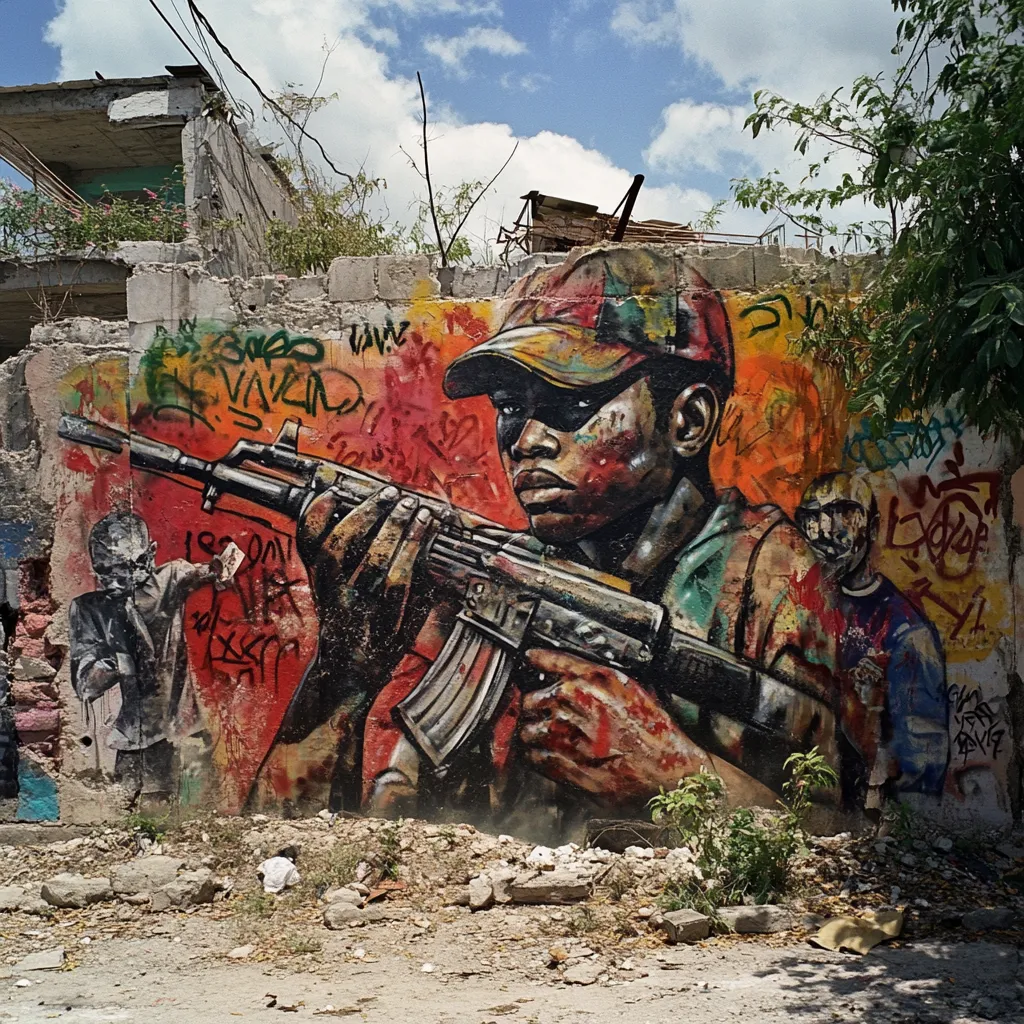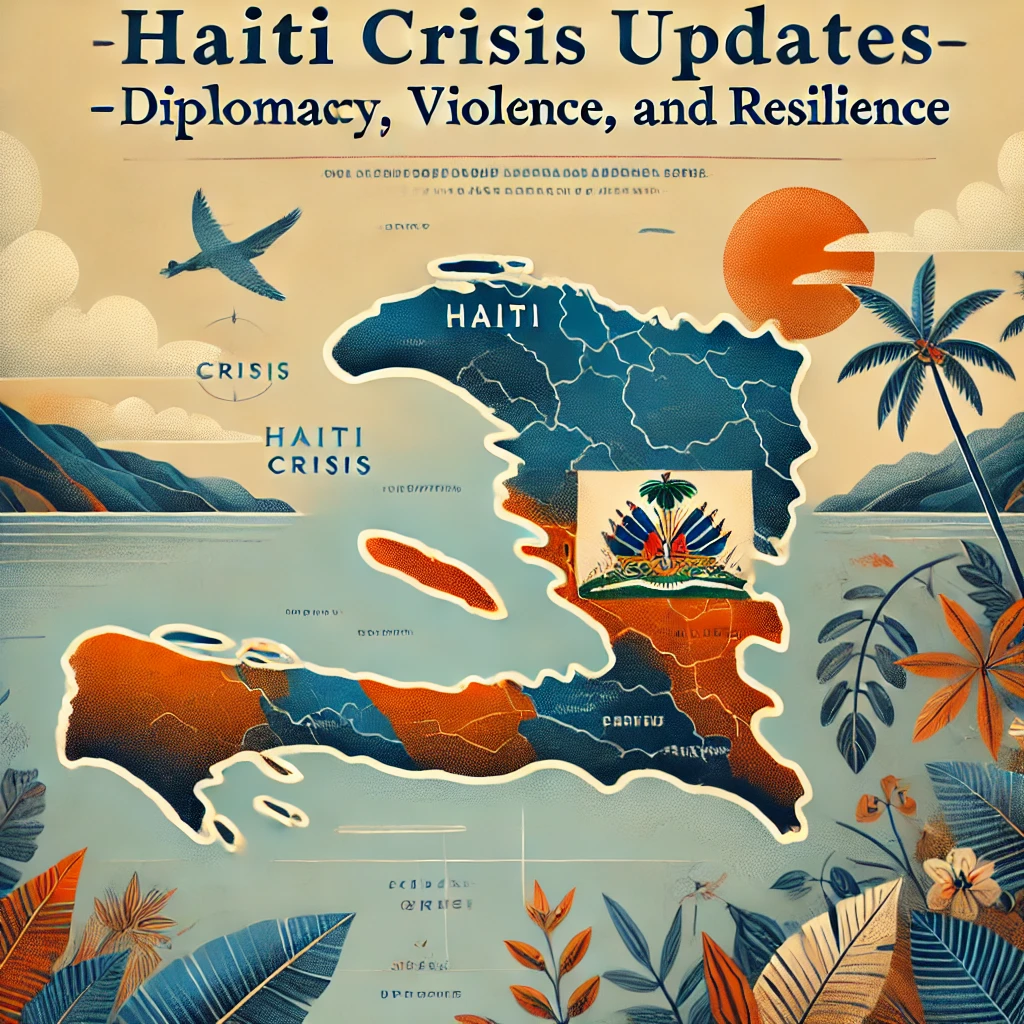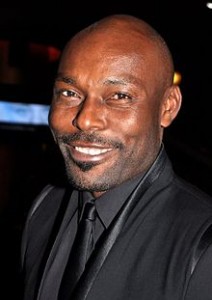In a country already gripped by chronic instability, recent events in Haiti have underscored a mounting security crisis that is paralyzing daily life and igniting fierce political debate.
Over the past week, escalating gang threats and politically charged maneuvers have pushed the nation to a breaking point, forcing both authorities and citizens to confront a deteriorating situation.
Paralyzed Streets and Rising Tensions
On Monday, normal activities in Port-au-Prince were abruptly halted as residents braced for potential attacks by armed gangs. The fear was sparked after notorious gang leaders—among them Barbecue—issued warnings in response to controversial political statements.
Although no major attack was recorded in key communes such as Port-au-Prince, Delmas, and Pétion-Ville, social media erupted with accusations. Prominent figures like Jimmy Chérizier publicly targeted politicians, accusing them of collusion with criminal groups. One observer noted,

“In these conditions, it is illusory to think that elections could be held,”
— Maître Lucmane Delille, former Minister of Justice.
Such comments reflect the deep-seated mistrust between the public and those in power, further complicating efforts to restore security.
Government Response and Police Mobilization
In a bid to address the situation, the Haitian National Police declared a state of maximum alert on February 2, 2025. Commander-in-chief Rameau Normil ordered enhanced security measures, including the deployment of forces on strategic routes and convening crisis meetings at the General Directorate of the PNH.
The Minister of Justice, Dr. Patrick Pellissier, has entrusted Mario Andrésol, Secretary of State for Public Security, with overseeing the monitoring of security operations. Weekly reports submitted to the Superior Council of the Haitian National Police (CSPN) are expected to evaluate the effectiveness of these measures.
Jean Garry Jean-Baptiste, the general coordinator of the police union (SPNH-17), emphasized the urgent need for modern equipment. At a recent press conference, he declared:
“Our police need drones, helicopters, and enhanced technology to effectively counter gang attacks and restore public security.”
However, internal discord—particularly between Prime Minister Alix Didier and PNH Director Rameau Normil—adds another layer of complexity to an already volatile security landscape.
Political Unrest and Electoral Controversies
The political arena is equally turbulent. The Fanmi Lavalas party has openly rejected plans to hold elections under current conditions, describing the process as “fake” and demanding that the government prioritize restoring security before any electoral consultation.
Their critique extends to the electoral body (CEP), which they argue is rushing the process and inadvertently fueling corruption. This sentiment was echoed by the coordinator of the Debout Citoyens movement, who questioned:

“It is unrealistic to expect elections when there is collusion between state authorities and gang elements.”
These accusations point to a broader crisis of governance, where political interests and criminal networks appear to be dangerously intertwined.
Allegations of Political Manipulation at the CAS
In a separate but related controversy, the Caisse d’Assistance Sociale (CAS) has found itself at the center of a political storm. Accusations have emerged claiming that CAS is issuing false information about millions of gourdes in sanitation checks—a claim vehemently denied by its employees.
The institution’s director, Éléonore Dévalon, was arrested amid allegations of politically motivated maneuvers designed to wrest control of the organization ahead of upcoming elections.
CAS employees maintain that these allegations are part of a deliberate campaign to undermine a long-serving director. One employee stressed:
“We are a united front. The checks in question are not issued by CAS, and these false claims are a political tool to tarnish our director’s image.”
The controversy at CAS highlights yet another dimension of the nation’s security challenges—this time within its institutional framework—raising serious questions about the integrity of state-run organizations.
A Nation at a Crossroads
From the paralyzed streets of Port-au-Prince to the corridors of political power, Haiti is confronting a multifaceted crisis that strikes at the heart of its security and governance.
With armed gangs threatening public order, political factions deepening societal divisions, and institutional trust eroding, the call for decisive action grows louder. As one political analyst warned:
“Unless there is a genuine commitment to break the alliance between state officials and criminal elements, Haiti’s future remains perilously uncertain.”
Citizens, police, and political leaders alike are now faced with a stark choice: unite to restore stability or risk further descent into chaos.

